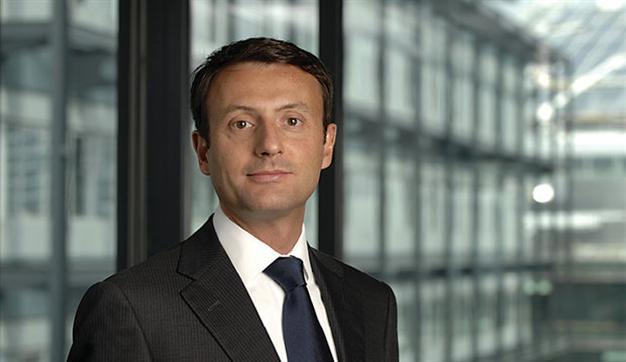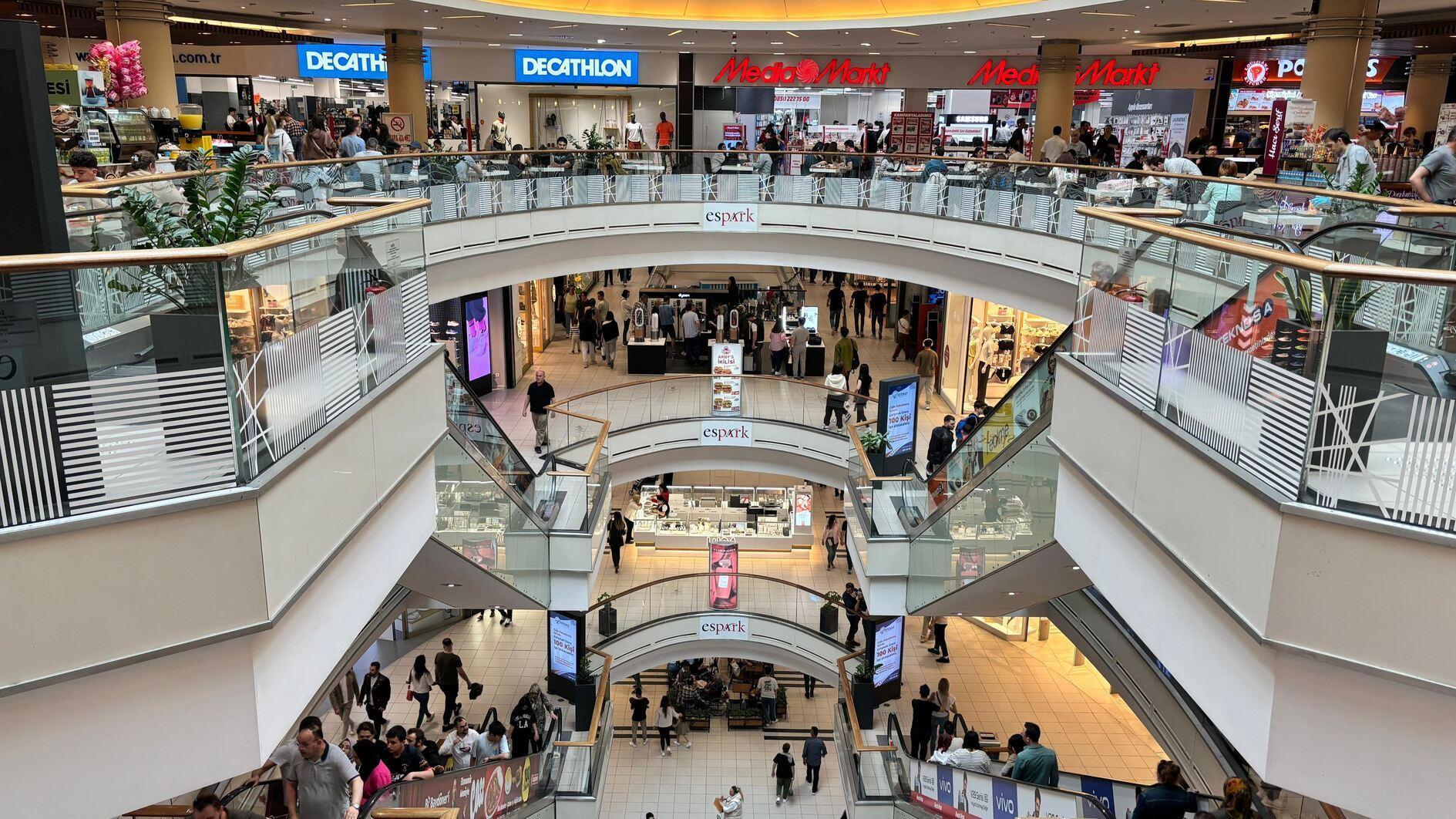EBRD to invest $1.7 billion in Turkey next year
ANKARA – Anadolu Agency
 The European Bank for Reconstruction and Development (EBRD) expects to maintain its pace of investment in Turkey at about $1.7 billion to $1.8 billion in 2015 and 2016.
The European Bank for Reconstruction and Development (EBRD) expects to maintain its pace of investment in Turkey at about $1.7 billion to $1.8 billion in 2015 and 2016.In an interview with Anadolu Agency on Nov. 9, EBRD Turkey director Jean-Patrick Marquet said the bank had invested more than $6 billion in Turkey in the past six years, which it aimed to continue.
“We will open up new areas for our activity: Economic inclusion, and capital markets,” the Istanbul-based Marquet said. “That will include some projects that seek to address issues arising from Turkey’s two million refugees from the Syrian conflict.”
He described the refugee issue as a “considerable challenge” for Turkey.
“We are at the forefront of discussions with the government at the moment, so we are currently considering how best we could contribute to this challenge. It could include supporting SMEs in the frontier region, supporting infrastructure projects, and helping communities to cope with the influx. It is too early to say how we would implement our investments, but we are making plans to act now,” Marquet said.
In terms of support for capital markets, the EBRD is taking a 10 percent stake in the Istanbul Financial Center, one of the Turkish government’s trumpeted “megaprojects.”
“We are currently waiting for regulatory approval of our investment in the center, and after that we will take steps to help it develop on every front,” Marquet said.
“We see significant gaps in capital markets operations in Turkey, in both equity and debt markets,” he added.
“So there is a lot for us to do to try to improve policy, to broaden the markets, and to expand access for both investors and local businesses.”
“In the energy sector, we are helping to develop a government action plan for energy efficiency, one that will be a roadmap across the energy area to reduce the intensity of Turkish consumption,” Marquet said.
“We will also be working to develop private sector involvement in new areas of the sector, like environmental waste management and waste water processing,” he added.
Making Turkish companies more competitive and linking them to the global value chain is yet another of the bank’s aims, according to Marquet.
“Our action is two-fold. First, we seek to promote innovation, to try to elevate the value-added level of products made in Turkey. This will make Turkish companies more desirable as partners in global projects.
Then, we will seek to help both large and small Turkish companies partner with the big multinationals, bringing Turkish industry more intensively into the international system,” he said.
The EBRD last month agreed with Turkish carmaker Tofaş to help develop a brand new passenger car with technology developed in Turkey.
“We also have projects to help SMEs work with international partners. We invest through local banks to provide facilities for innovation, helping SMEs develop R&D and more modern production facilities. All of this will make them more eligible for such partnerships,” Marquet said.
“Our objective here is to develop the building blocks that would create that long-term trusted relationship between Turkish companies and international entities to have long-term projects together. For this, you need to work on the quality of industrial processes and R&D,” he added.
Overall, the bank aims to help increase Turkey’s exports by raising their quality, thus helping the country increase its employment, Marquet stated.
“We have big plans. It’s a complex task that we undertake with our eye on the medium term,” he said.
















